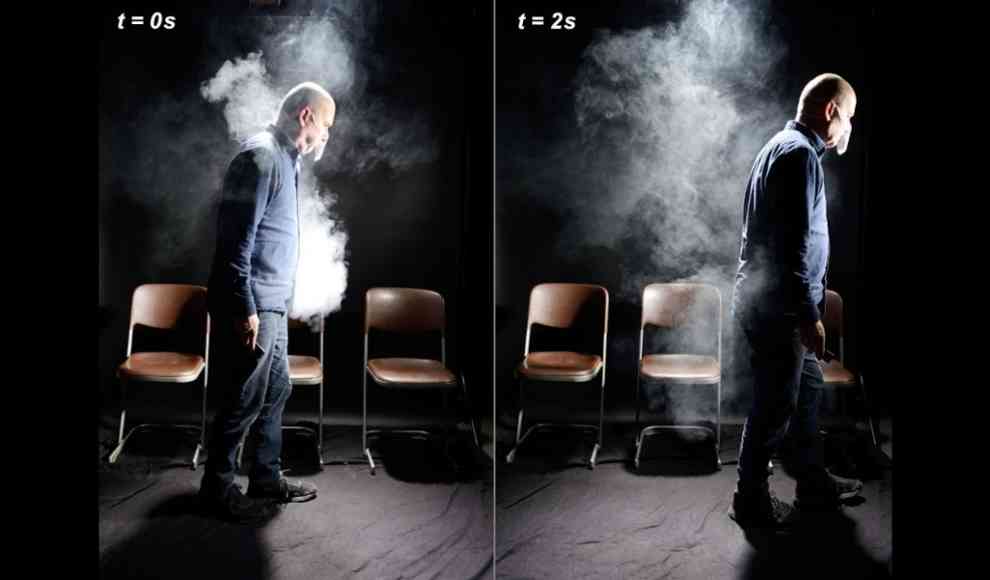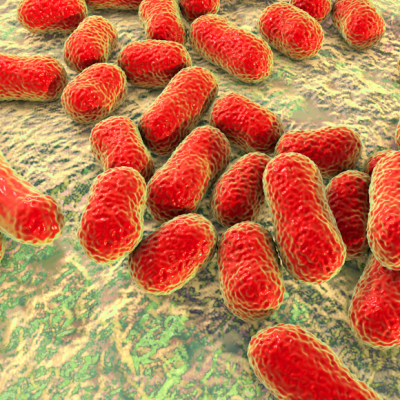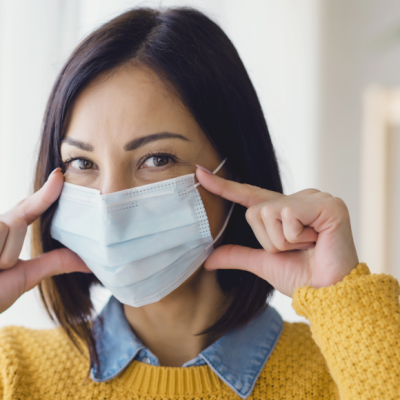Clear plastic masks have gained popularity due to their high level of comfort. However, how effective are they in protecting against infections compared to surgical masks made of fabric? In recent months, clear plastic masks have emerged as an alternative to fabric masks, with manufacturers promoting their products for their higher comfort level and better facial recognition. However, many experts in the field are skeptical of the mask design, as the protective effect is said to be minimal. Researchers at the Munich University of Applied Sciences, led by Professor Dr. Christian Schwarzbauer, have analyzed the protective effect of a clear plastic mask from a southern German manufacturer in the BioMedLab.
The study used realistic scenarios that frequently occur in retail, public transportation, schools, and offices to examine the protective effect of the mask. In the first scenario, the subject sits and exhales through the nose, with potentially infectious aerosols flowing along the body to the ground, as advertised by the manufacturer. However, due to redirection, the aerosols spread directly in front of the wearer of the clear plastic mask. A person sitting opposite the wearer would thus be almost completely exposed to the exhaled aerosols. In this situation, the clear plastic mask provides little protection. The typical temperature differences between the room air and exhaled air are responsible for this spread. In the second scenario, the aerosols spread even more strongly. Multiple coughs create a heavily contaminated aerosol cloud that spreads through the room within seconds. People in the vicinity of the wearer of the clear plastic mask would thus be hit by aerosols, especially in the upper body and face area.
The pilot study clearly shows that the mask design provides practically no protection. The Bavarian state government has responded to this situation by banning the controversial clear plastic masks as a substitute for fabric masks. It is important to note that surgical masks, also known as mouth-nose protection (MNS) or everyday masks, may not protect the wearer from a SARS-CoV-2 infection, but they can still significantly reduce infections by protecting other people. Therefore, it is crucial to choose the right mask for the situation and to follow other protective measures such as social distancing and hand hygiene.










